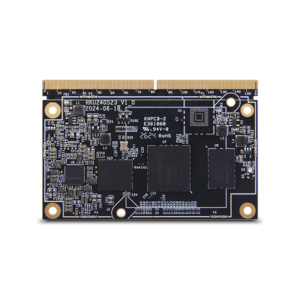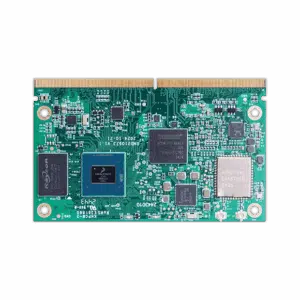Accelerate Development with Geniatech's ARM & RISC-V Based Pc On Modules
Accelerate Development with Geniatech's ARM & RISC-V Based Pc On Modules
Blog Article
Empowering Stuck Innovation with Geniatech's Functional Computer On Modules
Stuck programs are getting increasingly varied, challenging flexible and scalable answers to meet up their evolving needs. That is wherever system on modules come right into play. These lightweight, ready-to-use stuck programs provide the building blocks for developers to produce high-performance, customized alternatives with ease.

Why are computer-on-modules developing therefore significantly grip in the embedded methods industry? The clear answer lies in their scalability and efficiency, creating them the go-to choice for industries from commercial automation to synthetic intelligence. Below, we have a closer look at the importance of CoMs and how they're surrounding the continuing future of stuck applications.
What Are Computer-On-Modules?
Computer-on-modules (CoMs) are little, self-contained processing systems that incorporate important components such as for example processors, storage, interfaces, and operating systems onto just one module. Made to function as core of a custom request, they may be used with a provider table to increase features and adapt to specific use cases.
CoMs provide modular alternatives, reducing the requirement for engineers to create a computing primary from scratch. Instead, they can devote work to innovating different areas of the application, which ultimately increases time-to-market while lowering progress costs.
Why CoMs Are Revolutionizing Embedded Applications
1. Scalability Without Overhaul
Scalability is one of the standout advantages of CoMs. Equipment developers may goal multiple efficiency levels simply by replacing segments, as a result of standardized table layouts. This modular approach reduces the necessity of improving equipment for each performance tier. Whether for low-power IoT devices or high-performance machine understanding programs, CoMs provide unparalleled flexibility.
2. Reduced Progress Time
Time-to-market is often important for industries innovating in fast-moving environments. CoMs streamline this process by integrating the most essential research components in to a pre-tested module. This enables engineering groups to target on planning copyright boards or developing computer software, rather than handling every aspect of the hardware.
3. Place Efficiency
Small size is still another noteworthy attribute of CoMs. Given the integration of numerous parts in to a single, small kind element, these adventures are well suited for applications where space is at a premium, such as for example medical equipment, robotics, and customer electronics.
4. Help for Sophisticated Characteristics
To meet up the requirements of contemporary applications, CoMs frequently include help for cutting-edge systems such as for instance 5G connectivity, GPU velocity, and real-time information processing. They help designers to get into these functions without the difficulties of developing complicated hardware from the bottom up.
Industries Benefiting from CoM Options
The usefulness of computer-on-modules guarantees their existence across a selection of industries. Some of the critical industries that gain include:
1. Professional Automation
CoMs offer reliable and scalable computing energy for method get a handle on, robotics, and real-time monitoring in commercial environments. Their compatibility with high-speed connection enables easy integration in to Business 4.0 ecosystems.
2. Medical Technology
Purposes like individual checking, diagnostic equipment, and imaging systems need precision, consistency, and high-performance computing. CoMs offer most of these, with the added advantageous asset of small types for space-constrained devices.
3. Synthetic Intelligence
CoMs enhanced for GPU efficiency are a favorite selection for AI-powered purposes like edge computing, facial acceptance, and wise monitoring systems. They help effective inference and real-time knowledge analysis.

4. Automotive Programs
Modern cars need stuck answers for infotainment programs, ADAS (Advanced Driver Aid Systems), and diagnostics. CoMs meet these needs by giving consistent efficiency, endurance, and reliability.
The Future of Stuck Computing
The future of stuck processing depends heavily on scalable and modular solutions. With increasing demand for creativity across all sectors, CoMs can remain a vital enabler for corporations looking to keep ahead of the curve. Their power to reduce difficulty, increase scalability, and limit development time makes them a crucial aspect in the toolkit of hardware engineers.
For corporations seeking to produce high-performance programs without diminishing on development speed or quality, buying computer-on-modules is undoubtedly a step up the proper direction. Report this page